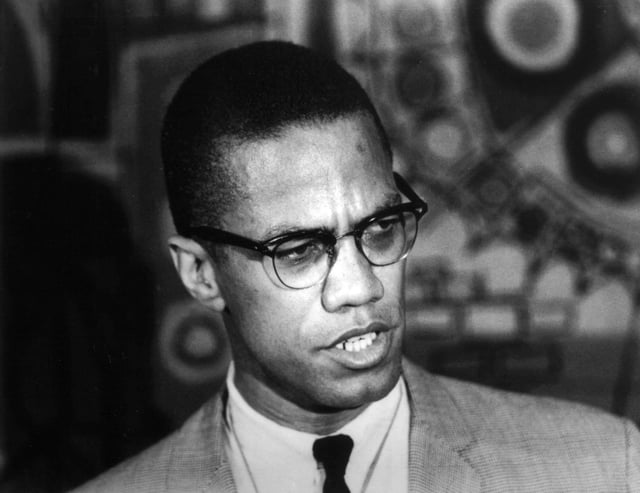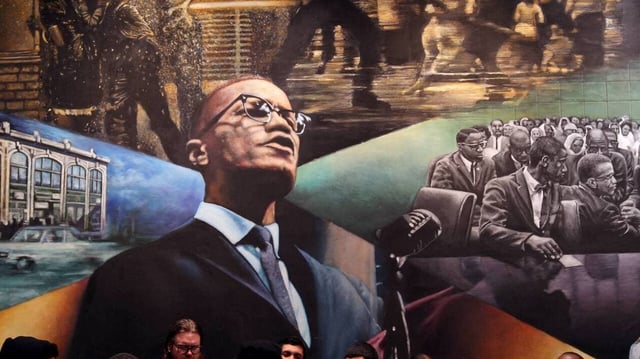Overview
- Malcolm X, born Malcolm Little, was a prominent civil rights activist known for his radical stance on racial justice and his rejection of nonviolence.
- He was assassinated on February 21, 1965, during a speech in Harlem; the full circumstances and potential conspirators behind his murder remain unresolved.
- Initially a key figure in the Nation of Islam, he later broke away to form the Organization of Afro-American Unity, advocating for pan-Africanism and economic self-reliance.
- Malcolm X's approach contrasted sharply with Martin Luther King Jr.'s nonviolent methods, creating a complex dynamic between the two civil rights leaders.
- His legacy continues to inspire movements like Black Lives Matter and remains a symbol of resistance against systemic racism and inequality.



